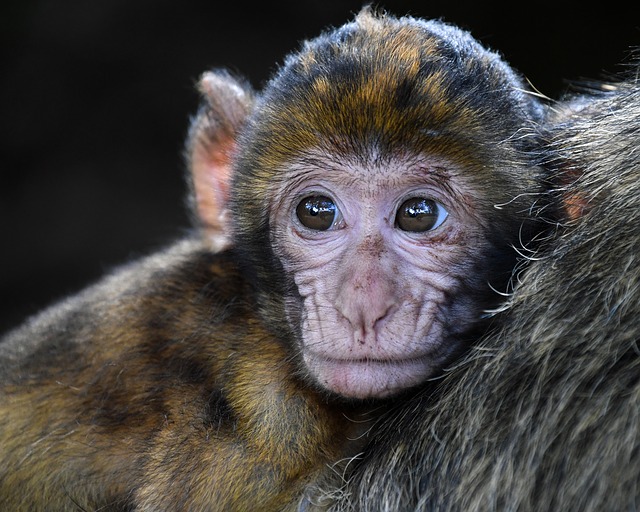First monkeys, and then us? Human cloning must stay off limits
By Marcy Darnovsky,
New Scientist
| 01. 24. 2018
Remember the human cloning controversies of the early 2000s? One reason they faded was that scientists were unable to clone non-human primates. Now that researchers have produced two cloned monkeys, we should brace ourselves for a rerun of arguments in favour of human clones. But human reproductive cloning would be every bit as misguided and dangerous now as it was then.
As long ago as 1971, James Watson of double helix fame warned in The Atlantic about the prospect of “Moving Toward the Clonal Man”. He later changed his mind and began promoting human reproductive cloning, as well as suggesting that human germline modification could tackle stupidity and ensure all women are “pretty”.
In 1997, headlines announced that scientists in the UK had created what had long been considered biologically impossible: a cloned mammal, a sheep dubbed “Dolly”. Debate about creating human clones immediately followed. Time, for example, put Dolly on its cover the following month and posed the question: “Will There Ever Be Another You?”
A few mavericks claimed to be on the verge...
Related Articles
By Diaa Hadid and Shweta Desai, NPR | 01.29.2026
MUMBRA, India — The afternoon sun shines on the woman in a commuter-town café, highlighting her almond-shaped eyes and pale skin, a look often sought after by couples who need an egg to have a baby.
"I have good eggs,"...
By George Janes, BioNews | 01.12.2026
A heart attack patient has become the first person to be treated in a clinical trial of an experimental gene therapy, which aims to strengthen blood vessels after coronary bypass surgery.
Coronary artery bypass surgery is performed to treat...
By Staff, ScienceDaily | 01.05.2026
Scientists at UNSW Sydney have developed a new form of CRISPR technology that could make gene therapy safer while also resolving a decades-long debate about how genes are switched off. The research shows that small chemical markers attached to DNA
...
Following a long-standing CGS tradition, we present a selection of our favorite Biopolitical Times posts of the past year.
In 2025, we published up to four posts every month, written by 12 authors (staff, consultants and allies), some in collaboration and one simply credited to CGS.
These titles are presented in chronological order, except for three In Memoriam notices, which follow. Many more posts that are worth your time can be found in the archive. Scroll down and “VIEW...




